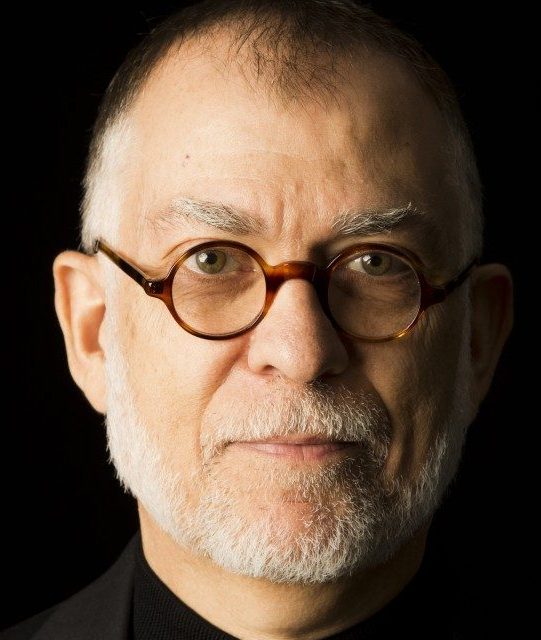
The Kaplan Family Distinguished Faculty Fellowship honors and supports faculty members who have facilitated a transformative experience for Cornell students in any number of community-engaged learning contexts.
See Details
Fellows come from all over the university, bringing their particular passions and living out the public purpose of their discipline through teaching and researching in, with and for community.
See Details
Effective storytelling can advance the work of nonprofits by spurring action, attracting funding and creating champions for their cause. In partnership with Volunteers Improving Neighborhood Environments, Inc (VINES), a nonprofit in Binghamton, New York, that establishes community gardens, urban agriculture and rural-urban food links, Scott Peters and students in the Community Food Systems minor are producing stories to deepen public and scholarly conversations about community food systems. Current projects include oral histories of volunteers with VINES, a student-written book about their three-month engaged practicum with VINES, and a documentary being produced in conjunction with public television station WSKG.
Fellows come from all over the university, bringing their particular passions and living out the public purpose of their discipline through teaching and researching in, with and for community.
See Details
During the fall 2015 semester, Peters taught DSOC 4700, which is the capstone course for undergraduate majors in Development Sociology. The purpose of this course is to provide seniors in the major an opportunity to synthesize — and bring to bear — the theoretical knowledge, research skills and intellectual interests they have acquired as students. Peters used engaged pedagogies in his approach to this course. Students participated in a community-initiated action research project called “Ripples of Change,” in partnership with a group of diverse grassroots community leaders connected to the Natural Leaders Initiative (NLI). The project sought to discover and analyze the theories and practices of grassroots leadership development, civic engagement and community capacity-building that are at play in NLI graduates’ lives and work, and to impact how the larger community understands, prioritizes, practices and funds community capacity-building. Students helped NLI graduates develop rich narratives about their leadership development. The class met at least three times during the semester with the community leaders, and engaged in reflective conversations about what those narratives can teach us about the processes of grassroots leadership development, civic engagement, community development and social change. They also explored the practice of developing effective, respectful, inclusive community-campus partnerships that democratize participation in the creation of new knowledge.


